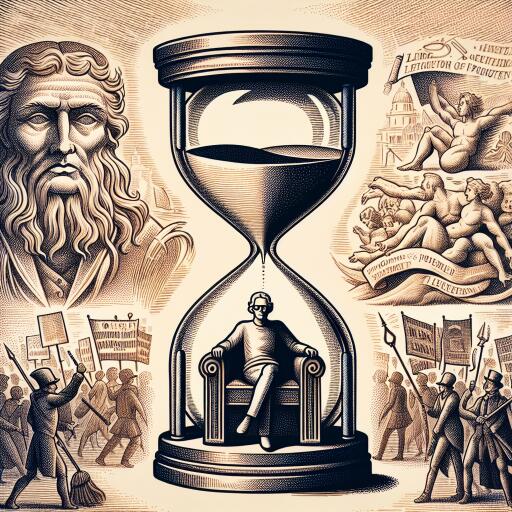UNP Suggests Election Postponement to Retain President Wickremesinghe
In a strategic move that has stirred the political landscape of Sri Lanka, the United National Party (UNP) has advocated for the delay of both Presidential and Parliamentary elections, aiming to secure President Ranil Wickremesinghe’s position at the helm.
The call for postponement comes amidst crucial times, as articulated by UNP General Secretary Palitha Range Bandara. Bandara emphasizes the paramount importance of rebuilding the nation’s economy and honoring the commitments made under the agreement with the International Monetary Fund (IMF). Achieving such milestones, according to Bandara, necessitates President Wickremesinghe’s leadership for an additional two-year term.
In pursuit of this objective, the UNP is prepared to propose a referendum. This would potentially extend the tenure of both the President and the Parliament by two more years, standing as a significant testament to the party’s resolve to stabilize the country’s governance and financial condition.
Reflecting on the dire economic straits that enveloped Sri Lanka in the year prior, Bandara articulated a grave warning. A repetition of such fiscal calamity, he asserts, would plunge the nation back into the depths of turmoil, akin to the challenging times faced in 2022. It’s a scenario the UNP is keen to avoid, underlining the criticality of sustained, stable leadership to navigate the recovery process.
In alignment with this perspective, President Ranil Wickremesinghe, who also leads the UNP, had earlier confirmed the scheduling of the Presidential elections within the year. This announcement had stirred anticipations across political spectrums, highlighting the forthcoming electoral milestone as a decisive juncture for the country.
Echoing this sentiment, Justice Minister Wijeyadasa Rajapaksha provided further clarity on the electoral timeline. He pinpointed October 17 as the prospective date for the Presidential election, reaffirming the government’s commitment to uphold the democratic process amidst ongoing discussions about its potential postponement.
Rajapaksha’s confirmation serves as a poignant reminder of the balancing act between democratic obligations and the strategic imperatives underscored by the UNP. As Sri Lanka stands at this crossroads, the proposal to delay the elections underscores a broader debate about governance, economic recovery, and the pathway to stability and prosperity for the nation.
With the political discourse now ablaze with opinions on this proposal, the coming months are poised to be a critical period for Sri Lanka, as it seeks to reconcile the immediate needs of political stability and economic reconstruction with the democratic expectancy of its electoral cycle.
